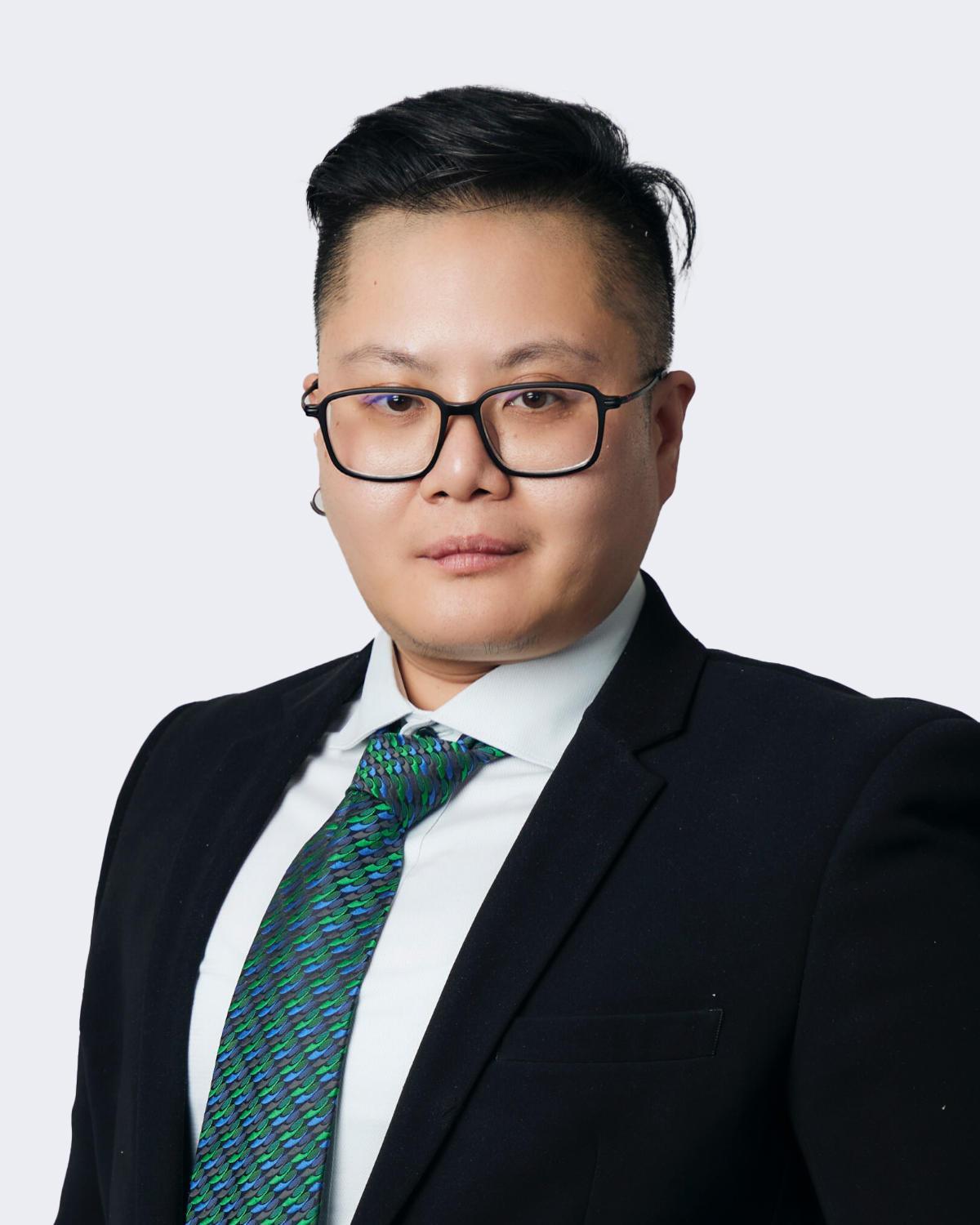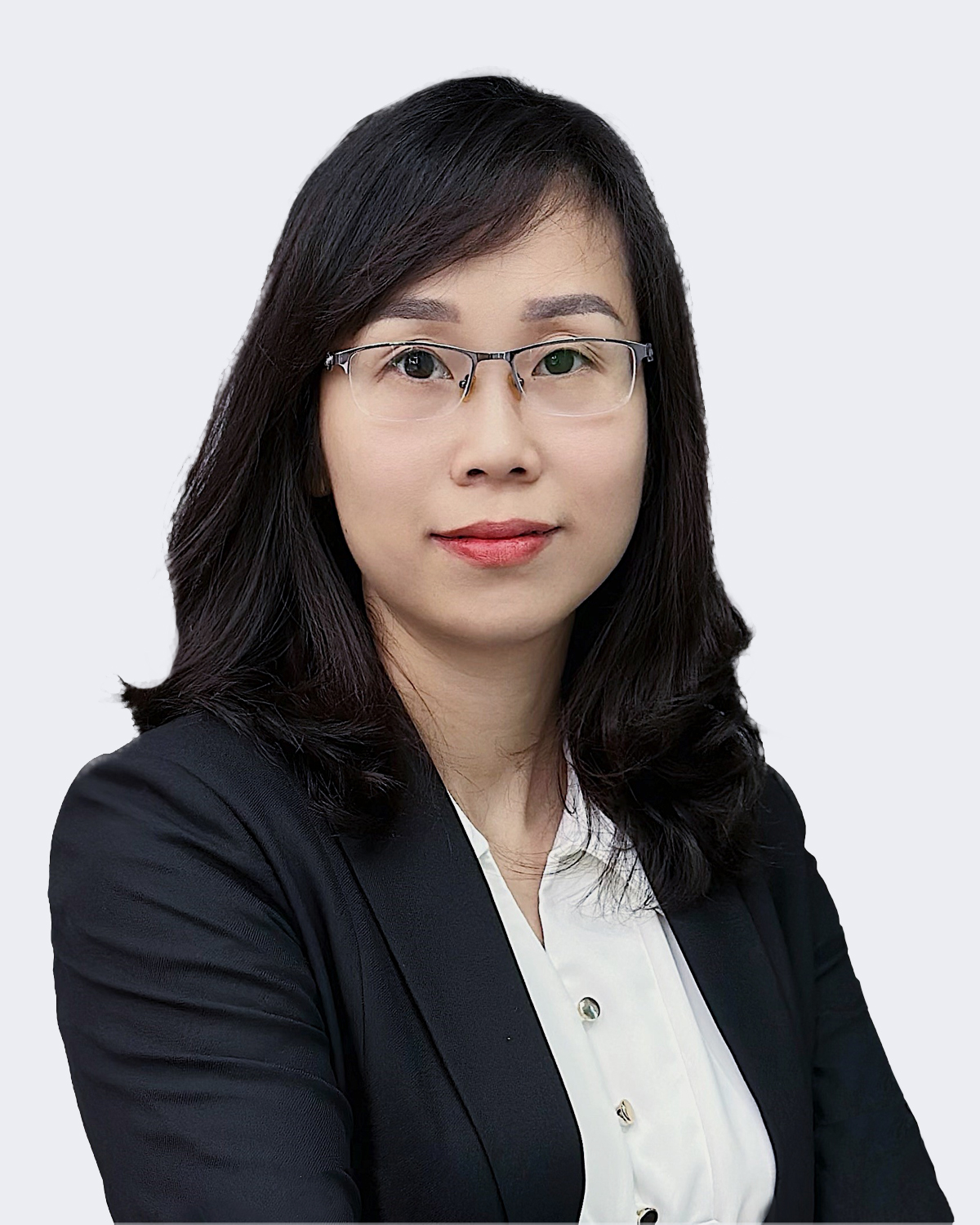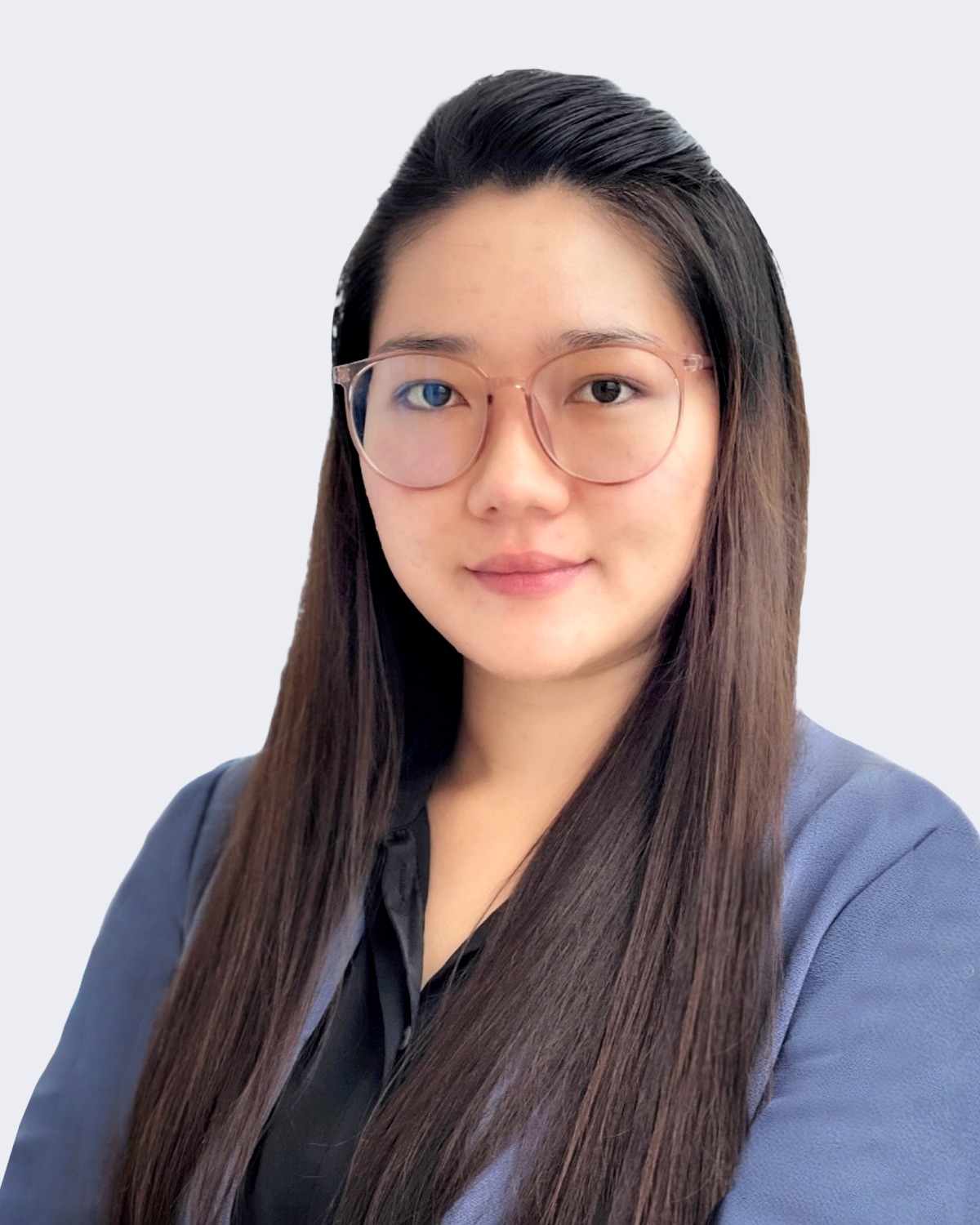
Patent prosecution can be a lengthy process, especially in jurisdictions where patent office backlogs impede the timely examination and grant of patents. Acknowledging the imperative for expeditious patent prosecution, numerous patent holders in Southeast Asian (SEA) nations have expressed their eagerness to expedite the process.
Consequently, governments in Cambodia, Indonesia, Laos, Thailand, and Vietnam have instituted diverse programs to facilitate swifter patent examination and grant. These programs are implemented either within their own intellectual property systems or through collaboration with other intellectual property offices. Notably, many accelerated examination programs are also available for inventions pertaining to green technologies or matters of public interest. In this article, we will explore a selection of these options, shedding light on the programs that facilitate faster patent examination and grant. While the following sections highlight specific initiatives, it is important to note that there may be other programs and opportunities beyond those mentioned here.
ASEAN Patent Examination Cooperation (ASPEC) Program
One of the most notable programs in the region, the ASPEC program offers a mechanism for patent applicants to accelerate the examination of their patent applications in a participating IP office of an ASEAN member state (the second IP office) by leveraging the search and examination reports issued by the participating IP office of another ASEAN member state (the first IP office) on the corresponding application. Patent applications filed in any of the participating ASEAN member states, including Brunei Darussalam, Cambodia, Indonesia, Lao PDR, Malaysia, the Philippines, Singapore, Thailand, and Vietnam, are eligible to benefit from the ASPEC program.
An ASPEC request can be filed at any time before the final decision of grant or refusal; however, to maximize the effectiveness of the program, it is advisable to file the ASPEC request concurrently with the substantive examination request—by doing so, the substantive examination process can be initiated promptly, potentially resulting in the issuance of a first office action within a span of six months. Additionally, it is worth noting that no government fees are incurred for requesting participation in the ASPEC program, further incentivizing patent applicants to avail themselves of this acceleration opportunity.
Starting on August 27, 2019, two new features under ASPEC were introduced:
- The ASPEC Acceleration for Industry 4.0 Infrastructure and Manufacturing Pilot (ASPEC AIM) Program to accelerate Industry 4.0 patent applications with a committed turnaround time of six months to receive the first office action. The program was extended for two years until August 26, 2023, with a cap of 50 applications per year.
- The Patent Cooperation Treaty-ASEAN Patent Examination Cooperation (PCT-ASPEC) to allow patent applicants to use a PCT report established by an ASEAN International Searching Authority or Preliminary Examining Authority (ISA/IPEA) to accelerate patent protection in nine participating AMS IP Offices. The program was extended for three years until August 26, 2025, with a cap of 100 applications per year.
The ASPEC program, while intended to expedite patent examination, presents certain limitations based on our practice experience:
- The Indonesian IP Office (DGIP) generally treats an ASPEC request as a supporting document rather than a request for acceleration. Consequently, the examination time does not significantly decrease.
- In Thailand, although the Thai Patent Office gives priority to ASPEC-enrolled applications, the search and examination documents from corresponding applications are only considered as guides or references. This can lead to requests for submission of foreign patents from other jurisdictions, potentially prolonging the examination process and undermining the expected acceleration.
- The actual lead time between ASPEC enrollment and the issuance of the first action often exceeds six months.
- Participating in the ASPEC program can also result in additional costs, particularly in terms of counsel fees. Furthermore, if the IP office insists on relying on foreign patents from non-ASPEC countries, especially IP5 countries, prosecution costs may further increase.
Notwithstanding these limitations, the ASPEC program remains an attractive option for expediting patent examination within the ASEAN region. As Tilleke & Gibbins continue to navigate the complexities of the patent prosecution process, our team remains committed to assisting clients in leveraging programs like ASPEC to expedite the examination of their patent applications while considering the specific nuances and limitations associated with each jurisdiction.
Patent Prosecution Highway
The Patent Prosecution Highway (PPH) is another mechanism that enables accelerated patent examination. The PPH allows applicants to request accelerated examination in a target country based on the examination results from a corresponding application in a partner country. Indonesia, Thailand and Vietnam have established PPH programs with various partner countries. Through these programs, applicants can take advantage of the work already done by partner patent offices to expedite examination and grant in the target country.
Indonesia has a PPH agreement with the Japan Patent Office (JPO). A PPH request can be filed after the six-month publication phase has ended, but before the DGIP has issued a first substantive office action on the application. In practice, the substantive examination process takes 18-30 months to complete. By participating in the PPH program, the substantive examination process can be accelerated.
The PPH Pilot Program between the Thailand Department of Intellectual Property (DIP) and the JPO commenced on January 1, 2014. The program has recently been extended until January 1, 2024. A PPH request can be filed either: (i) at the same time as the substantive examination request for the relevant patent application; or (ii) after the substantive examination request, but before the DIP issues a first substantive office action for the application. The first office action is usually issued within six months from the date of the PPH request.
The Vietnam IP Office has signed PPH programs with the JPO and the Korean Patent Office (KIPO) for applications of Japanese or Korean origin, respectively. A PPH request can be filed before the IP Office issues a first substantive office action for the application. These two PPH programs are very effective in accelerating the examination of patent applications; the first office action is normally issued within nine months from the date of the PPH request.
PPH programs have many advantages compared to other acceleration programs, such as:
- The IP offices collaborating in the PPH programs are large and reputable, with examination results that are often relied on by the examiners in SEA countries. Applications originating from these countries are usually of good quality with clear and coherent specification.
- Patents in these countries, like Japan, usually have a short examination timeline and are granted very quickly. This facilitates the early submission of PPH requests, particularly before the first office action is issued in the SEA country.
- The coordination between IP offices collaborating in the PPH programs and the SEA IP offices has been very good. PPH applications are processed in a quick and efficient manner.
- Japanese applicants and their representatives also often coordinate well with the SEA IP office to rectify formality shortcomings and avoid prolongation of the examination period.
Despite the fact that PPH programs are limited only to applications originating from countries collaborating in the programs, it is indisputable that they are still the most attractive acceleration method in SEA countries, owing to their effectiveness.
Other Acceleration Programs
While the ASPEC and PPH programs are prominent options for patent acceleration in the SEA region, there are also other programs available in individual countries. For example, Cambodia has implemented acceleration and re-registration or validation programs for patents granted in Japan, Korea, the U.S., China, Singapore, and Europe, allowing patent holders to extend their protection to Cambodia based on their granted patents in collaborating countries. Similarly, Laos has implemented cooperation programs with Japan, China, and Korea to facilitate patent grant based on examination results from the respective countries, as well as re-registration from a Singaporean patent. In Vietnam, the Collaborative Search and Examination program (CS&E) between the IP offices of Singapore and Vietnam is also available. Although those implemented within their own systems may not be so effective as the other collaboration programs, the internal acceleration programs of the SEA IP offices offer certain benefits to the patent applicants choosing them for their patent prosecution pathway.
Further, as a method of informal acceleration in Vietnam, our team proactively submits favorable examination results on corresponding patent applications filed in Europe, the U.S., Japan, China, and Korea (the five largest IP offices in the world, or “IP5”) to the examiner in charge or contacts clients to conform their Vietnamese applications to granted counterparts by a voluntary amendment. As conforming to a patent granted in an IP5 country will likely be accepted by the IP Office of Vietnam, informal acceleration is useful to shorten the examination process.
Conclusion
In summary, patent acceleration programs in SEA countries offer valuable opportunities for patent owners to expedite the examination and grant of their patents. The ASPEC program provides a regional approach, allowing applicants to benefit from examination results across ASEAN member states. The PPH programs and other country-specific initiatives also offer avenues for accelerated examination based on prior examination results. These programs contribute to streamlined processes, reduced costs, and faster patent protection in the SEA region. Patent holders should explore these options to make the most of their patent applications in these countries.
Please note that this article provides a general overview of patent acceleration programs in SEA countries and does not cover all available options or specific details. For comprehensive information and specific requirements, it is advisable to consult with a qualified intellectual property professional or refer to the official guidelines and resources provided by the respective patent offices.




